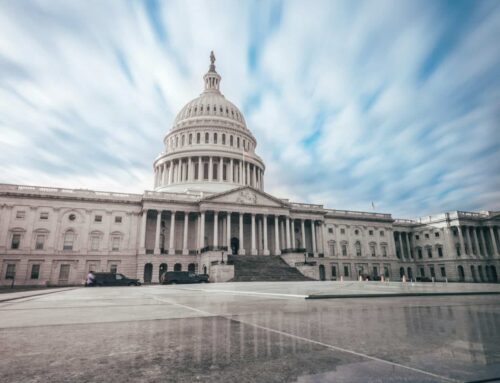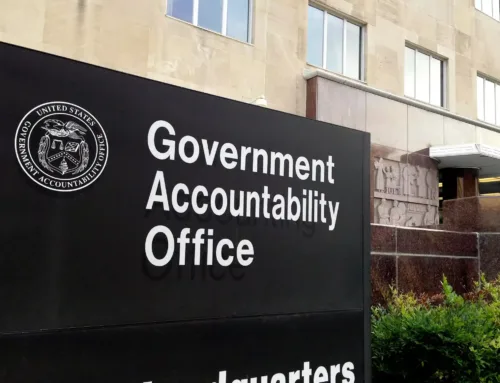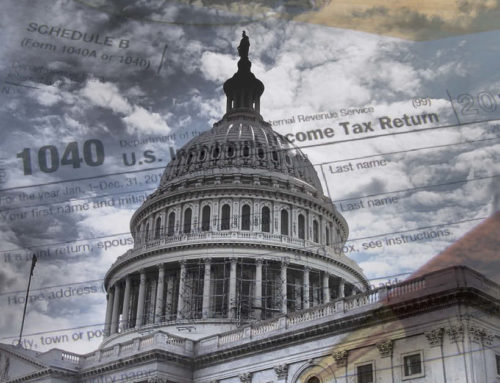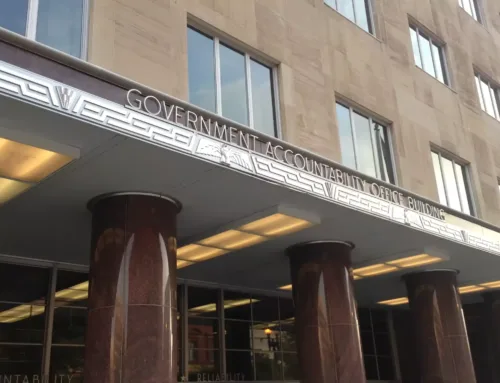In their ruthless efforts to define one another, Senator Kerry and President Bush seem more focused on National Guard duty and Swift Boats than on issues that can really make a difference in the lives of American voters, such as the growing record federal budget deficit.
Amidst all of the political mud slinging in this year's presidential election, many voters may not have even noticed that there has been a complete and utter absence of dialogue over the present fiscal condition of our nation.
Being the bearer of bad news isn't smart during an election year and maybe it doesn't pay to be honest. But, these massive deficits cost us dearly. Just the interest payments on the national debt will cost taxpayers $156 billion this year, and it's only getting worse: Once the economy recovers and interest rates go back up, the interest payments on the debt will skyrocket.
After this week's final pre-election peek at the sorry state of the federal finances, Bush's and Kerry's lack of a fiscal plan has become painfully obvious. According to the Congressional Budget Office, this year's deficit will be nearly $50 billion more than last year, hitting $422 billion adding $2.3 trillion in new debt over the next decade.
Sadly, even these outrageous numbers are likely to be pathetically low. This estimate assumes that the tax cuts will expire in 2010, which is as likely as the New York Giants winning the Super Bowl. It also fails to consider the cost of the each candidate's campaign proposals, which will cost us at least a trillion dollars if enacted.
During his convention speech, the President didn't mention the deficit once. We don't blame him. The President started his term with a projected surplus of more than $5 billion and during his watch it turned into a $3 trillion dollar deficit. What the President did happen to mention were a lot of new proposals that will need money from somewhere. His plans to reform the tax code and Social Security will come at a steep price. Some estimate the transition costs in his planned overhaul of Social Security will cost more than $1 trillion.
Senator Kerry's proposals won't do us any better. He has promised to cut the deficit in half in four years, instead of five years as promised by the President. But, this only amounts to a case of political one-upmanship, considering that the Senator has promised more than $1 trillion in domestic social programs over the next decade without telling us where he'll get the money for them.
The one thing in common with both plans is that there is not enough lipstick in Texas to make either of these look cute, let alone fiscally responsible. We understand that you have to promise the world to get elected, but these promises are like cutting our fiscal throats.
Even more concerning is that the deficit is going up exactly when it should be falling. At this point in an economic recovery the deficit should be getting smaller, but because of the record reductions in federal revenues we are now seeing the onset of large sustained deficits.
Part of these deficits can undoubtedly be attributed to the recession and September 11th. However, the majority of the deficit increase can be attributed to decisions by lawmakers in office. Since 2000, we have been witness to the largest increase in federal spending since the 1960s, plus the $200 billion we're paying for Iraq, and we have slashed revenues. As Senator John McCain has accurately pointed out, this is the only time in our nation's history that taxes have been cut when our nation is at war.
Both candidates have claimed that they will shrink the deficit and that they will not pass the nation's economic problems on to future generations. Don't bank on either one of them. Despite what the candidates' high priced consultants say, deficits do matter. The bottom line is that our nation will have to make tough decisions to get us out of this fiscal mess. Both candidates lack of attention to the deficit now is setting us up for fiscal failure.










